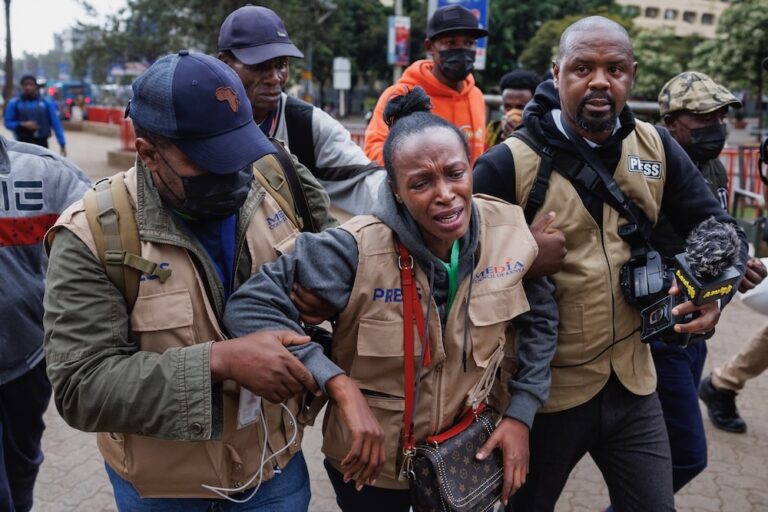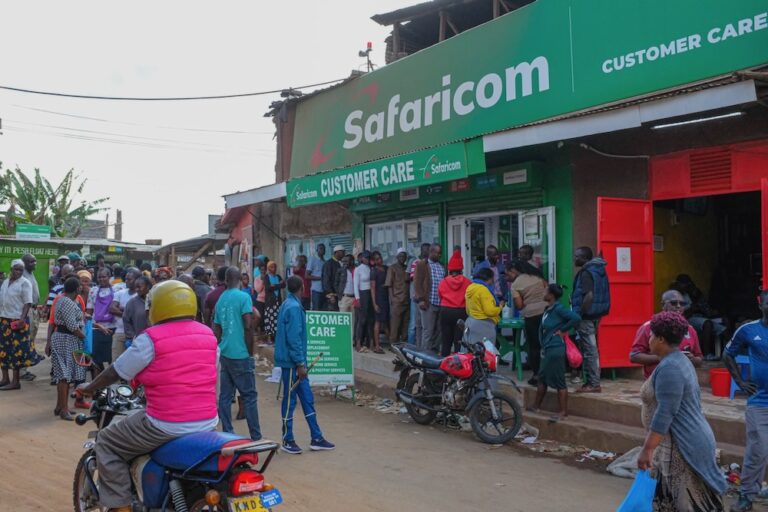(NDIMA/IFEX) – On 31 March 1998 employees of “The Star” newspaper locked themselves in their offices in an effort to fend off a police raid. Six plainclothes police officers are said to have gone to the offices at around 17:30 and to have announced that they wanted to conduct a search. Since they did not […]
(NDIMA/IFEX) – On 31 March 1998 employees of “The Star” newspaper locked
themselves in their offices in an effort to fend off a police raid. Six
plainclothes police officers are said to have gone to the offices at around
17:30 and to have announced that they wanted to conduct a search. Since they
did not have a search warrant and failed to provide a reason for the search,
the employees refused them access to the offices by locking the
burglar-proof door. The officers then withdrew and positioned themselves
within sight of the building. By 19:00, editors and other office personnel
were still holed up in the offices.
Senior editors said they suspected the raid was prompted by a 27-30 March
story entitled “How ‘coup’ was to be executed” which stated that a coup was
to be engineered by top government leaders on 21 March and blamed on key
opposition figures.
Background Information
On 30 March 1998, President Daniel Moi told Amos Wako, the Attorney-General,
to instruct the Police Commissioner to crack down on “irresponsible
publications.” Moi gave the directive after summoning Wako to the Kanu
Parliamentary Group meeting held in Nairobi. According to Kanu Parliamentary
Group sources, Moi ordered the Commissioner, Duncan Wachira, to deal firmly
with “irresponsible” reporting by means of arrests and the suppression of
publication. Wako was reportedly told to suppress “The Star” because it had
reported on matters relating to the armed forces. “Why do you allow these
bandit newspapers to spoil our soldiers?,” Moi is said to have asked (see
IFEX alert of 2 April 1998).


